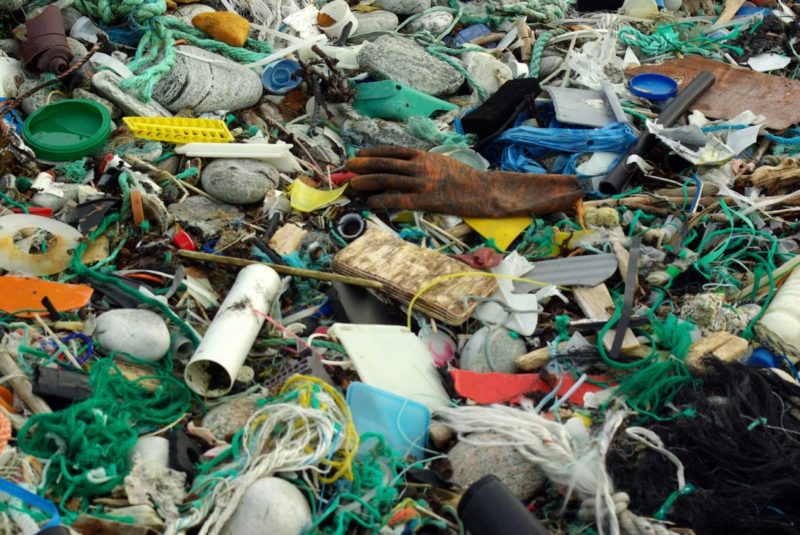Why Should We Be Concerned About Plastic Waste?
Plastic is everywhere. It become intertwined into our daily lives – but why? Since its creation in 1907, we have loved how cheap and easy it is to use.
“In this year alone, every man, woman and child will consume about 300 pounds or 136kg of single-use plastic.”
However, we need to think about how we are disposing of this deadly material. Our ocean has become a plastic soup due to our carelessness and the marine life that lives amongst our mess becomes more at risk every day. So, we should be concerned about the growing plastic pollution. It will affect us.
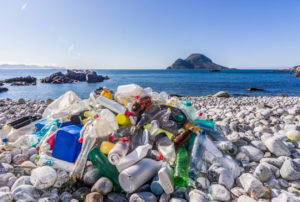
Litter Image (Bo Eide)
This massive amount of trash doesn’t just go away. In fact, plastic never fully disappears, but breaks down into deadly pieces, called microplastics. These small shards are often mistaken for food by sea creatures. “90% of all seabirds have swallowed plastic at some time in their lives.” Many of these birds die because of the plastic in their stomachs – suffering through starvation due to feeling full, when in reality it is not food that they have eaten at all. The plastic can also be sharp and cause injuries to the helpless birds.
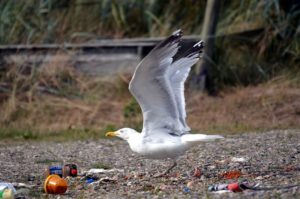
Gull in Plastic (Cassidy Reid)
It is not only the birds who wash up on shore alongside our plastic waste; the fish and marine mammals that call our new trash dump home also suffer greatly. For instance, a sea turtle often eats jellyfish because it sees a transparent mass floating near the surface; it doesn’t know the difference between a plastic bag and it’s favourite food. So, the poor creature eats the plastic and very slowly, it makes them ill, giving the turtle a sad and painful end to life. This should never happen.
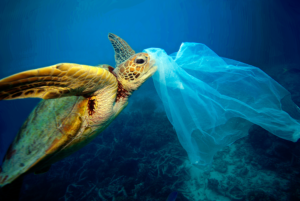
Californians Against Waste (Beverly Muriade)
It is not only marine life these plastics affect but us humans as well. So, what could this mean for our health? There have been no major issues yet but we should be on the look out. An unsettling study even suggested that “nano plastic particles lodged in the brains of fish affected their behaviour.” These are a cause of worry as, although research in this area is small, there may be large consequences within society and how we live if plastic causes issues in our health.
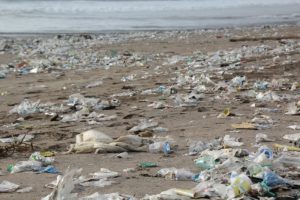
Garbage Landfill (Chad Goldberg)
So, how can we reduce our plastic use? Well some of these things have already become a normal part of our lives. One way is plastic straws being changed to paper straws. Although these might be an inconvenience, the long term effect is positive for the environment. Recycling bags instead of buying a new plastic bag every time you shop is another way to do this. One final way is to use glass or metal containers instead of plastic.
written by Amy Struthers
edited by Charlotte Stevenson
Sources
https://www.ecomagazine.com/news/ocean-community/a-plastic-ocean-film-reveals-crisis-offers-solutions
https://www.imperial.ac.uk/news/167386/health-seabirds-threatened-90-cent-swallow/#:~:text=The%20number%20of%20birds%20found,Academy%20of%20Sciences%20(PNAS).
https://deeply.thenewhumanitarian.org/oceans/articles/2017/10/09/report-microplastic-can-penetrate-fishs-brains-altering-behavior

